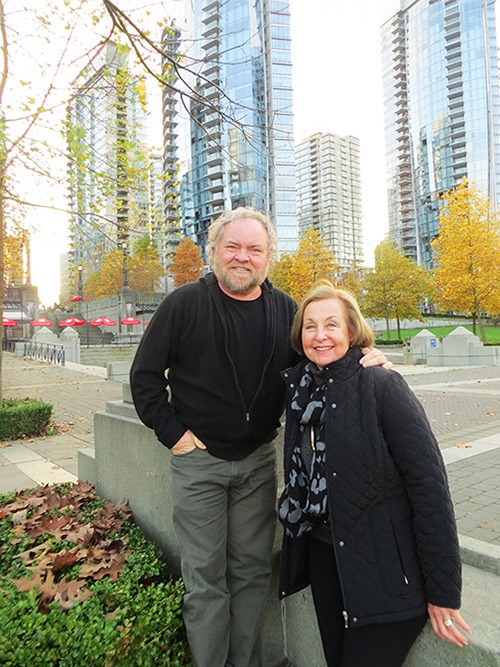When one person gets angry about something in their neighborhood, its a rant.
When a whole bunch of people in a neighborhood realize theyre upset about the same thing, and bind together as one to do something about it, its the beginning of a sense of community.
In 1987, Doug McClelland and Anthony Tucker bought a floating home in Coal Harbour. At the time, there wasnt much to the neighbourhood just old marinas and shipyards, with Menchions Marine at one end, and the CP railway loading pier at the other. To make way for a new vision, the city wanted to remove all floating buildings, including floating homes. The couple rallied the support of their neighbours and took on city hall. They won, and Tucker became president of the Coal Harbour Marina Residents Committee.
Their community activism didnt stop there. As McClelland recounts, former mayor Art Phillips, who lived in the Bayshore buildings, called a community meeting to discuss the possibility of a street car route through Coal Harbour. The meeting was the first time many of the neighbours met, and they decided to form the Coal Harbour Residents Association (of which McClelland was its second president.)
The genesis was that people had problems with the city and felt the best way to deal with it was by knocking on their neighbours door and saying, Are you having problems, too? McClelland says.
Today, Ina Schonberger is an active member of the association, helping it raise thousands when legal issues arise. Coal Harbour eventually became a community but if it wasnt for the association, it wouldnt be cohesive, she says.
But they dont want people to think the association is only active when problems arise. Recognizing the benefits of providing opportunities for neighbours to get to know one another, it hosts an annual Meet Your Neighbours event. At the first one, in the lobby of Schonbergers condo building, 250 people arrived. They were running into friends and saying, Oh, you live here, too? Now we have such a list of guests that all the politicians want to come.



